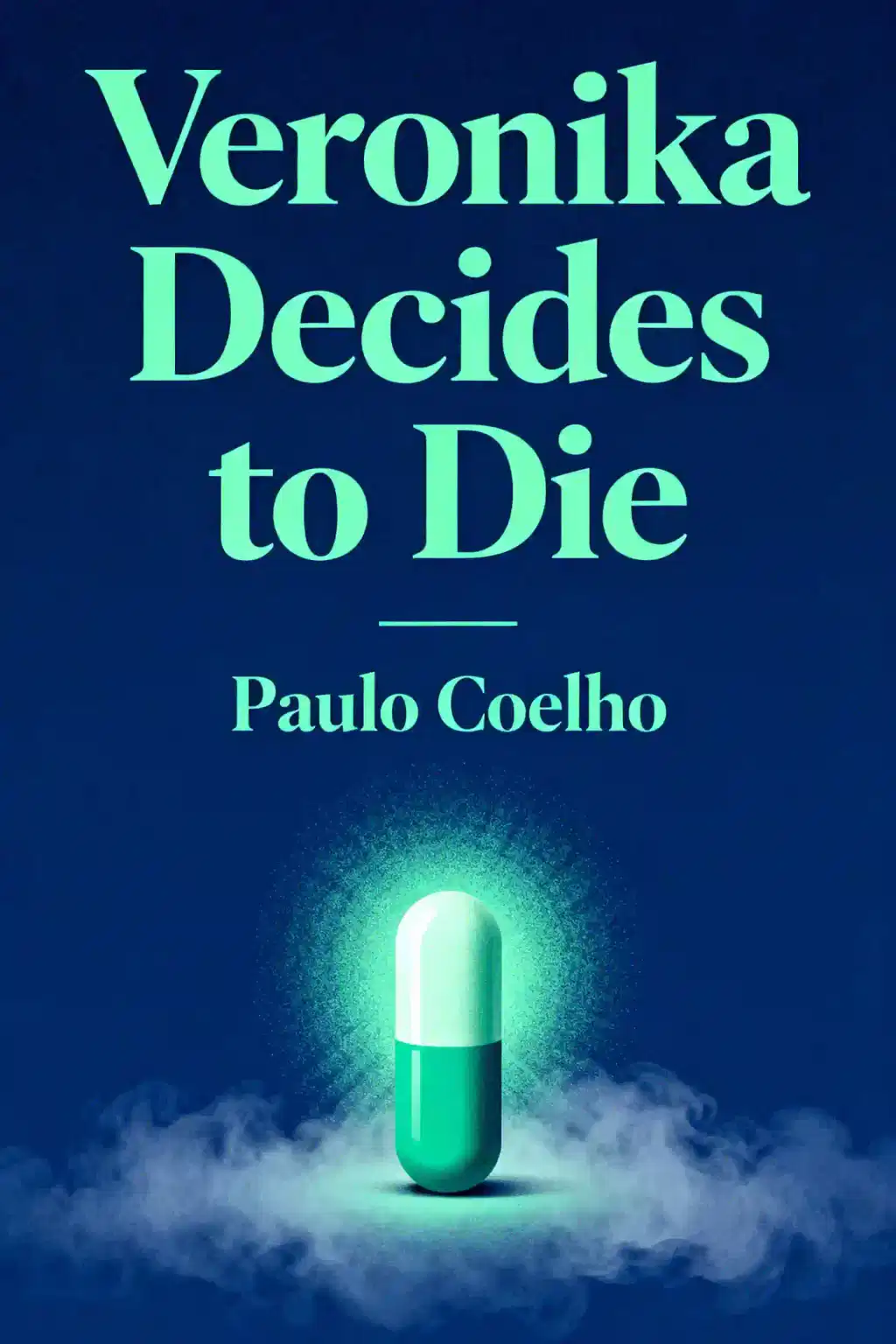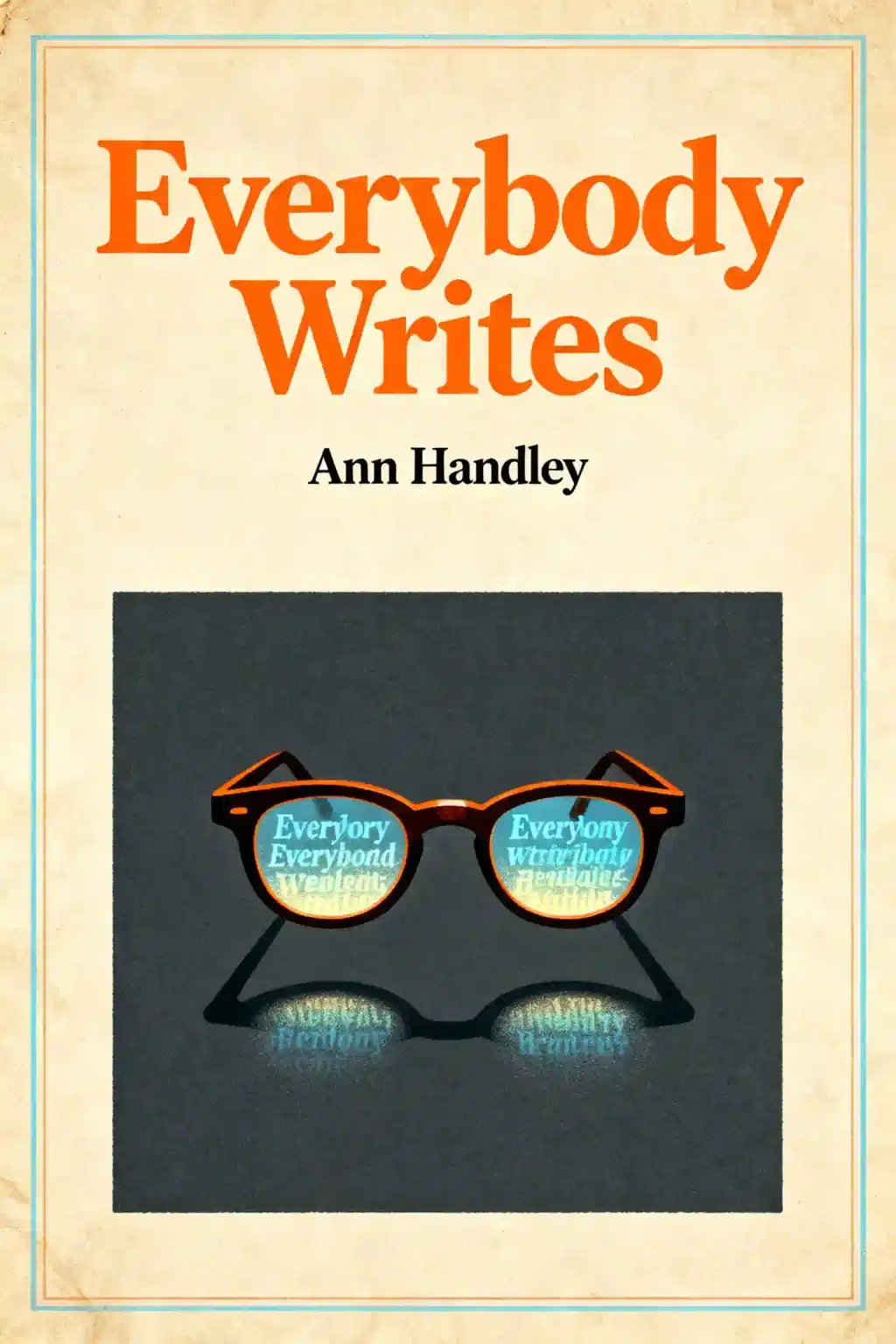What is Veronika Decides to Die about?
Veronika Decides to Die by Paulo Coelho follows a 24-year-old Slovenian woman who attempts suicide despite having a seemingly perfect life. After her overdose fails, she wakes up in Villete mental hospital and is told she has only days to live due to heart damage. The novel explores her transformation as she discovers freedom, love, and authentic living while confronting her mortality, ultimately leading her to choose life over death.
Who should read Veronika Decides to Die?
Veronika Decides to Die is ideal for readers grappling with questions about life's meaning, conformity, and mental health. Paulo Coelho's novel resonates with those feeling trapped by societal expectations or seeking permission to live authentically. The book appeals to fans of philosophical fiction, individuals interested in psychology and existential themes, and anyone questioning whether following conventional paths truly leads to fulfillment.
Is Veronika Decides to Die worth reading?
Veronika Decides to Die is worth reading for its thought-provoking exploration of sanity, freedom, and what makes life meaningful. Paulo Coelho challenges conventional definitions of normalcy while examining how societal pressures can suffocate individual authenticity. The novel offers a transformative perspective on choosing life intentionally rather than merely existing, though some find Dr. Igor's experimental methods ethically controversial. Readers seeking philosophical depth and psychological insight will find value in this narrative.
What is the main message of Veronika Decides to Die?
The main message of Veronika Decides to Die is that "collective madness is called sanity"—societal norms often suppress authentic living. Paulo Coelho argues that true freedom comes from embracing individuality and rejecting conformity, even if society labels such behavior as "mad." The novel demonstrates that confronting mortality can awaken appreciation for life's possibilities, encouraging readers to pursue passions and live fearlessly rather than following prescribed paths that lead to emotional death.
What are the main themes in Veronika Decides to Die?
The main themes in Veronika Decides to Die include the search for authenticity, the arbitrary nature of sanity versus madness, and finding meaning through freedom. Paulo Coelho examines how societal expectations create invisible prisons that prevent self-discovery. The novel explores depression, suicide, and mental health while questioning who decides what constitutes normalcy. Additional themes include:
- The transformative power of love
- The courage to pursue suppressed dreams
- How confronting death can paradoxically awaken the will to live
What happens at the end of Veronika Decides to Die?
At the end of Veronika Decides to Die, Veronika and Eduard escape Villete to spend her "final night" together in Ljubljana. After drinking heavily and embracing life passionately, Veronika falls asleep believing she has died, only to wake up perfectly healthy. She discovers Dr. Igor's prognosis was an experiment designed to shock her into wanting to live. Armed with Eduard's love and newfound appreciation for authentic living, Veronika chooses life and rejects her previous existence of conformity.
Who are the main characters in Veronika Decides to Die?
The main characters in Veronika Decides to Die include Veronika, a 24-year-old Slovenian librarian seeking death who transforms through her hospital stay. Eduard is a schizophrenic patient and former diplomat's son who shared Veronika's struggle between authentic passion and societal expectations, ultimately becoming her love interest. Other key characters include:
- Zedka, who suffers from clinical depression
- Mari, a former lawyer with panic attacks
- Dr. Igor, the psychiatrist conducting a controversial experiment on Veronika
Why does Veronika decide to die in Paulo Coelho's novel?
Veronika decides to die because her perfectly normal life feels meaningless and unchanging despite external success. Paulo Coelho portrays her as having everything—family, friends, job, apartment—yet feeling profound emptiness and apathy toward existence. She believes her life lacks purpose and will never improve beyond its current state. The trigger for her suicide attempt is a magazine article asking "Where is Slovenia?", symbolizing her feeling of invisibility and insignificance in the world.
What does Dr. Igor do in Veronika Decides to Die?
Dr. Igor, the head psychiatrist at Villete, conducts a controversial experiment by falsely telling Veronika her heart is irreversibly damaged and she has only days to live. His provocative method aims to "shock" someone into wanting to live by convincing her death is imminent, functioning like defibrillator paddles to jump-start appreciation for life. Paulo Coelho presents this manipulation as ethically complex—both a violation of medical trust and a catalyst for Veronika's transformation and self-discovery.
What is the meaning of madness in Veronika Decides to Die?
In Veronika Decides to Die, madness is defined as "not being able to express oneself" rather than clinical insanity. Paulo Coelho argues that society labels those who reject conformity as "mad" while calling collective suppression of individuality "sanity." The novel suggests that Villete's patients are sane because they pursue authentic desires, while society outside functions as the true asylum where people imprison themselves in meaningless routines. This inversion challenges readers to reconsider who truly needs treatment.
How does Veronika Decides to Die relate to Paulo Coelho's life?
Veronika Decides to Die is partly based on Paulo Coelho's own experiences in various mental institutions during his youth. When Coelho told his parents he wanted to become a writer, they had him admitted to psychiatric facilities, mirroring Eduard's story of having his artistic passion suppressed by his diplomat father. This autobiographical element infuses the novel with authentic understanding of how institutional psychiatry and societal pressure can pathologize nonconformity, making Coelho's critique of "normalcy" deeply personal and credible.
What is controversial about Veronika Decides to Die?
The most controversial aspect of Veronika Decides to Die is Dr. Igor's deception—lying to Veronika about her imminent death to manipulate her into wanting to live. This raises profound ethical questions about medical consent, the ends justifying the means, and exploiting vulnerable patients for experimental purposes. Additional controversial elements include:
- Veronika's sexual encounter with Eduard, a schizophrenic patient, which raises concerns about consent and appropriate boundaries
- The novel's portrayal of electric shock treatment also generates debate about psychiatric methods and potential abuse














